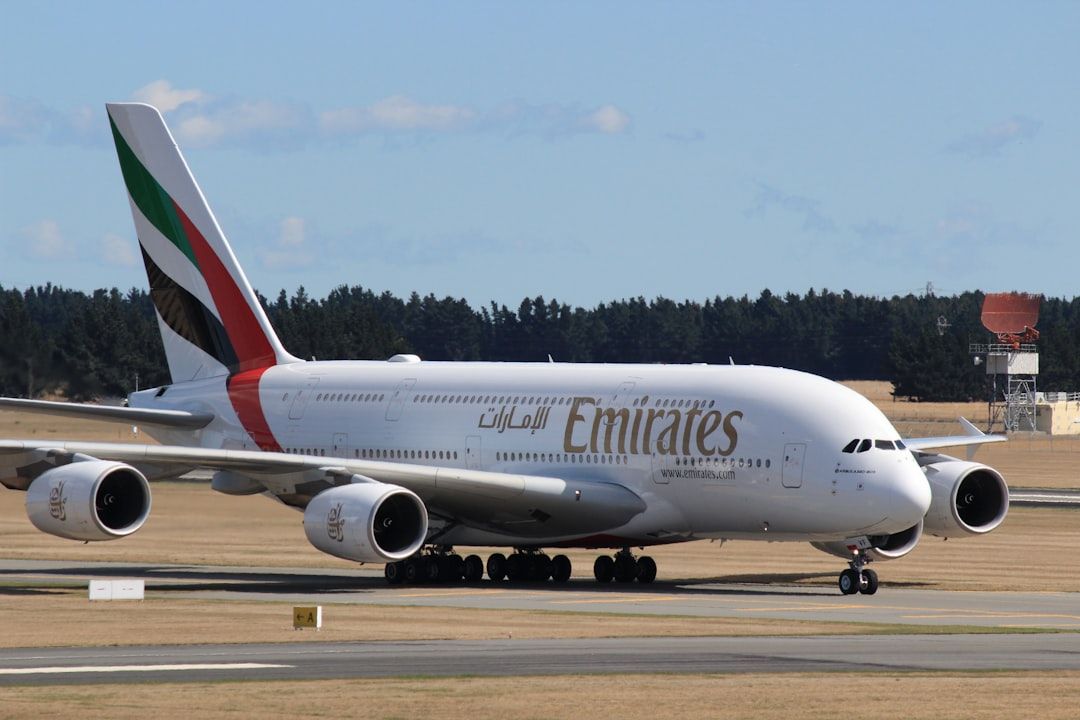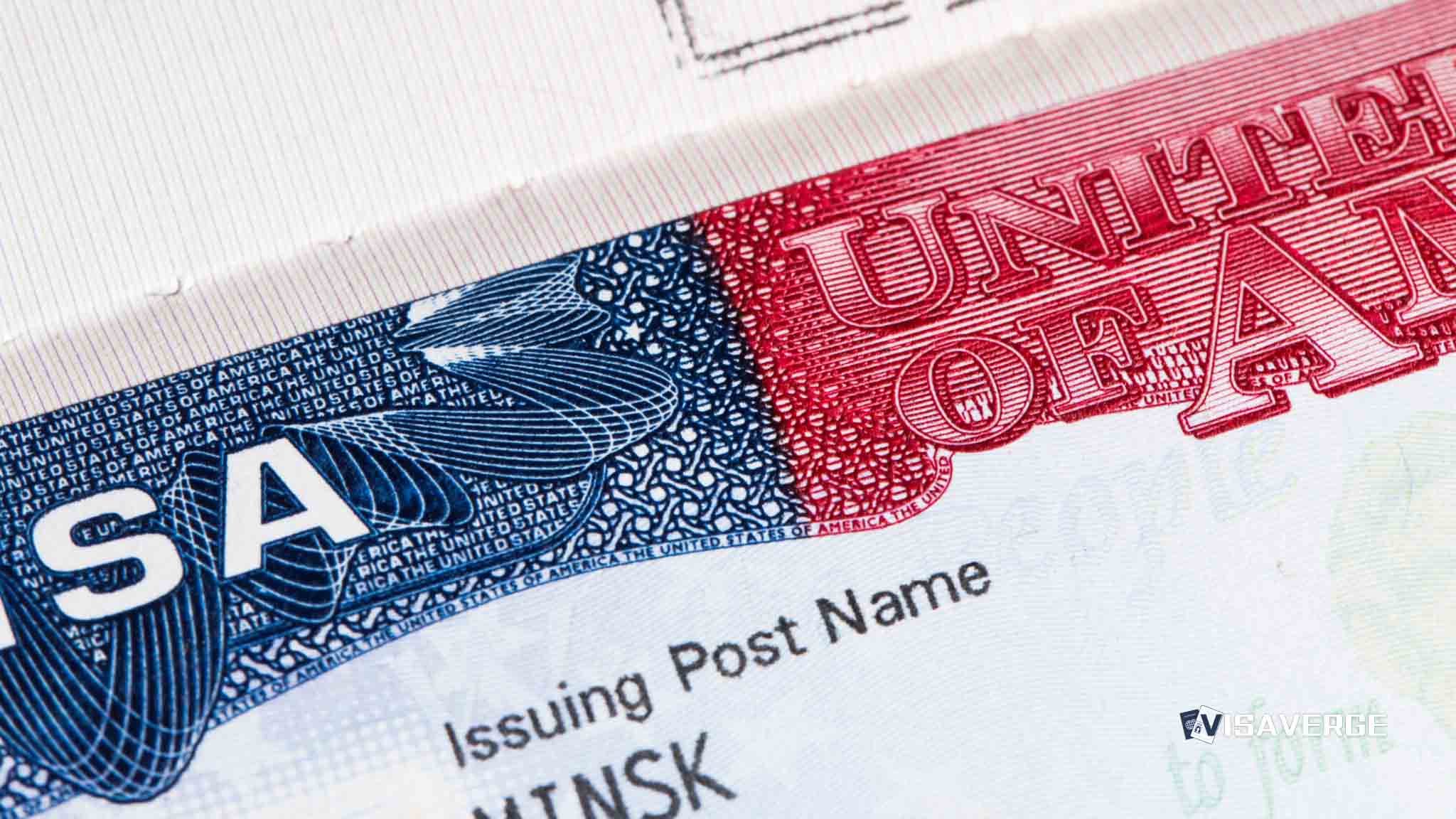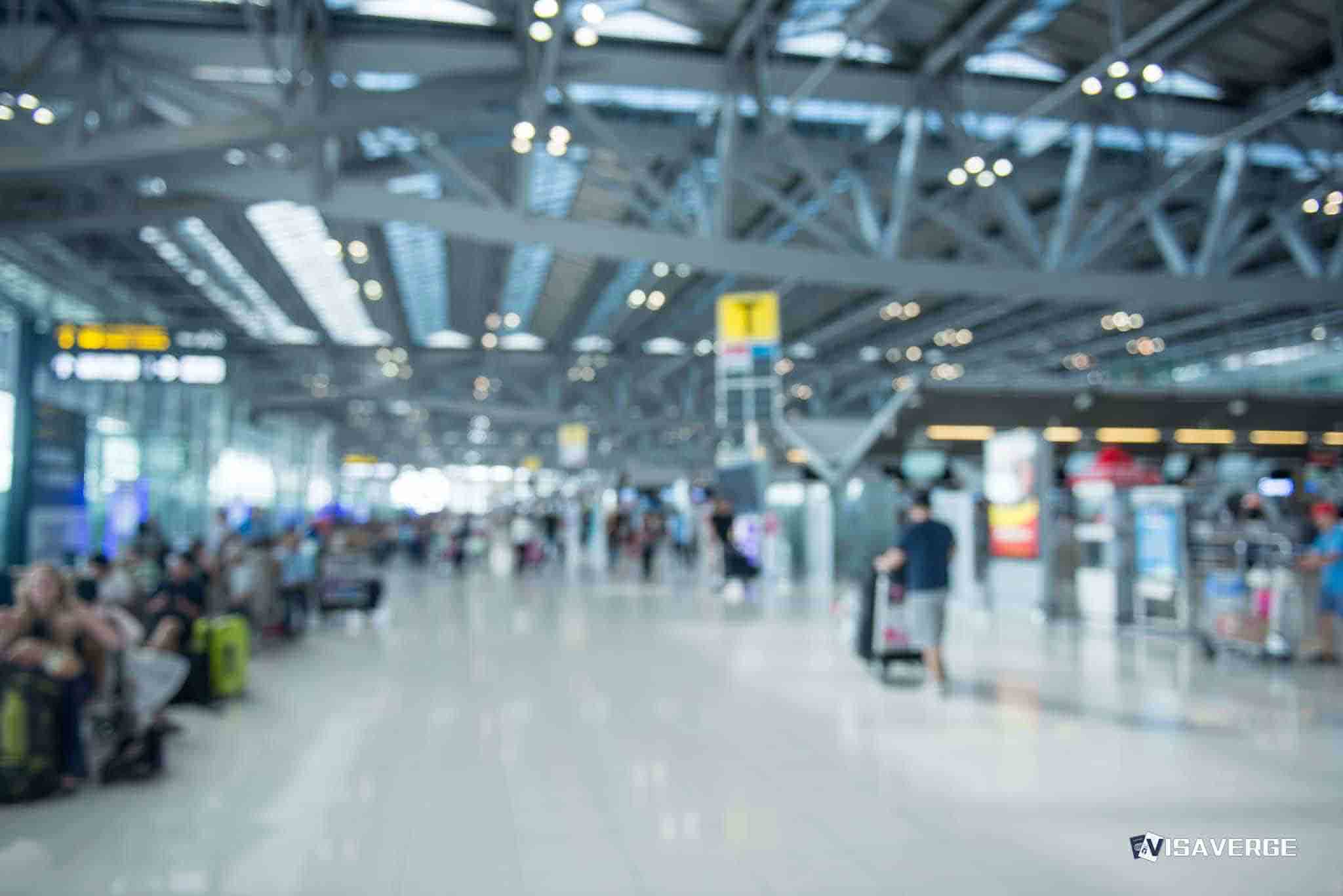Key Takeaways
• UAE airlines suspend flights to 10 Middle East countries amid Israel-Iran conflict and airspace closures.
• Suspensions last until June 30, 2025, with no connecting passengers accepted to affected destinations.
• Airlines offer refunds, rerouting; travelers must check official sites and register with ‘Twajudi’ for emergencies.
Widespread Flight Suspensions by UAE Airlines Amid Middle East Conflict: What Travelers Need to Know
As of June 19, 2025, travelers flying with UAE airlines are facing major disruptions due to ongoing conflict and airspace closures in the Middle East. The situation has led to a wave of flight suspensions and rerouting by all major carriers based in the United Arab Emirates 🇦🇪, including Emirates, Etihad, flydubai, and Air Arabia. These changes are affecting thousands of passengers, both those traveling directly to affected countries and those connecting through UAE hubs.

This article explains the latest updates, which routes are impacted, what passengers should do, and what these changes mean for people, families, and businesses relying on air travel in the region.
Why Are UAE Airlines Suspending Flights?
The main reason for these widespread flight suspensions is the recent escalation of military conflict between Israel and Iran. This has led to the closure of several airspaces across the Middle East, making it unsafe or impossible for airlines to operate flights to certain destinations. As a result, UAE airlines have had to quickly adjust their schedules, suspend flights, and reroute planes to keep passengers and crew safe.
According to analysis from VisaVerge.com, the scale and duration of these suspensions are unprecedented for the region. Airlines are working closely with government authorities and international aviation bodies to monitor the situation and respond as needed.
Which Destinations Are Affected?
As of the latest updates, the following destinations are experiencing flight suspensions or major schedule changes by UAE airlines:
- Iran
- Iraq
- Israel
- Syria
- Jordan
- Lebanon
- Russia
- Armenia
- Georgia
- Azerbaijan
Most suspensions are set to last until at least June 30, 2025, but some may end sooner or be extended if the security situation does not improve.
Emirates
- Suspended flights to:
- Jordan (Amman) and Lebanon (Beirut): Until and including June 22, 2025
- Iran (Tehran) and Iraq (Baghdad, Basra): Until and including June 30, 2025
- No acceptance of connecting passengers to these destinations
- Passengers should contact Emirates or their travel agency for rebooking or assistance
- Official updates: emirates.com
Etihad Airways
- Suspended flights to:
- Tel Aviv (Israel): Until June 22, 2025
- Amman (Jordan): Until June 20, 2025
- Flights to Beirut (Lebanon): Operating on a revised schedule, with specific flights (EY581, EY582, EY583, EY584) detailed for June 21
- Rerouting of several flights due to restricted airspace; ongoing disruptions and delays expected
- No acceptance of transit passengers to suspended destinations
- Travelers should check: etihad.com or call +971 600 555 666
flydubai
- Suspended flights to:
- Iran, Iraq, Israel, Syria: Until June 30, 2025
- Jordan and Lebanon: Suspended until June 16, with daytime operations resuming from June 17
- No acceptance of connecting passengers to suspended destinations
- Passengers should check: flydubai.com for the latest updates
Air Arabia
- Suspended flights to:
- Iran, Iraq, Russia, Armenia, Georgia, Azerbaijan: Until June 30, 2025
- Jordan: Until June 20, 2025
- Lebanon: Suspended until June 17, 2025
- No acceptance of connecting passengers to suspended destinations
- Passengers should check: airarabia.com for updates
Other Carriers
- Wizz Air Abu Dhabi: Suspended all flights to and from Tel Aviv until September 15, 2025. European flights to Amman are suspended until September 15, but Abu Dhabi-Amman flights resume June 20.
More than 30 international airlines have also suspended or rerouted flights in the region, making the disruption even greater.
What Does This Mean for Travelers?
If you are planning to fly with any UAE airline to or through the Middle East, you may face:
- Flight cancellations
- Rerouting to avoid closed airspace
- Significant delays
- No acceptance of connecting passengers to suspended destinations (even if your journey starts outside the Middle East)
- Refunds or rebooking options if your flight is affected
Airlines and airports are urging all travelers to check their flight status frequently and to contact their airline or travel agent for the latest information.
Step-by-Step Guidance for Affected Passengers
If your travel plans are affected by these suspensions, here’s what you should do:
- Check Flight Status: Visit your airline’s official website or app for real-time updates.
- Contact Airline or Travel Agent: For rebooking, refunds, or alternative arrangements.
- Monitor Email/SMS: Make sure your contact details are updated in the booking system so you receive notifications.
- Follow Travel Advisories: UAE nationals should register with the ‘Twajudi’ service for emergency support. This service helps UAE citizens abroad in case of emergencies. You can find more information at the UAE Ministry of Foreign Affairs.
- Arrive Early: Due to possible delays and rerouting, arrive at the airport well in advance.
- Seek Alternatives: If you are transiting through the UAE to a suspended destination, look for other routes or consider postponing your trip.
Airlines’ Official Statements
All UAE airlines have emphasized that passenger safety is their top priority. Here’s what some of them have said:
- Emirates: “Monitoring the situation and making all efforts to ensure minimal disruption. The safety of our passengers, employees and operations will always be our top priority.”
- Etihad: “The safety of our guests and crew remains our highest priority, and we regret any inconvenience caused.”
- flydubai: “We have reinstated flights across our network where conditions permit and we continue to monitor and review our operations as the situation evolves.”
The UAE Ministry of Foreign Affairs has also issued urgent travel advisories for UAE nationals and residents in affected countries, urging them to be careful and to register with the ‘Twajudi’ consular service for emergency support.
How Are Different Groups Affected?
Passengers
- Direct travelers: Those flying directly to suspended destinations will have their flights canceled or rescheduled.
- Transit passengers: Those connecting through UAE hubs to affected countries will not be accepted for travel at their point of origin.
- Refunds and rebooking: Airlines are offering refunds or the chance to rebook for later dates.
Travel Agencies
- Increased workload: Agencies are handling more calls and requests for changes, refunds, and alternative routes.
- Uncertainty: The situation is changing quickly, making it hard to give firm answers to clients.
Businesses
- Delays in cargo and business travel: Companies relying on air freight or business trips to the region face delays and extra costs.
- Operational challenges: Businesses must adjust plans and budgets to deal with the uncertainty.
UAE Nationals and Residents Abroad
- Safety concerns: The government is urging UAE citizens to stay alert and register with consular services.
- Limited travel options: Many are unable to return home or visit family in affected countries.
Why Is This Situation Different From Past Suspensions?
Flight suspensions in the Middle East are not new, but the current wave is much broader and longer than usual. In the past, suspensions were often limited to one or two countries and lasted only a few days. This time, the conflict between Israel and Iran has led to the closure of several airspaces at once, affecting many countries and airlines.
UAE airlines have a history of responding quickly to regional crises, often working closely with government authorities to keep passengers safe. However, the current situation is more complex because of the number of countries involved and the uncertainty about how long the conflict and airspace closures will last.
What Are the Policy and Practical Effects?
- Travelers face cancellations, rerouting, and delays.
- No acceptance of connecting passengers to suspended destinations, which affects both direct and transit travelers.
- Refunds and rebooking are available; passengers are urged to contact airlines or travel agents directly.
- Airlines are prioritizing safety and closely monitoring the evolving security situation.
- Airspace closures have led to rerouting, increasing flight times and operational costs.
- Travel advisories remain in place for UAE nationals in the region, with consular support available.
What Should Travelers Do Next?
If you have travel plans involving the Middle East or are connecting through UAE airlines, here are some practical steps:
- Stay informed: Check your airline’s website and official government travel advisories regularly.
- Be flexible: Be ready to change your travel plans or accept delays.
- Keep documents handy: Have your passport, visa, and other travel documents ready in case you need to change flights quickly.
- Register for consular support: UAE nationals should use the ‘Twajudi’ service for help in emergencies.
- Contact your airline: For the latest updates, rebooking, or refunds.
What’s the Outlook for the Coming Weeks?
Suspensions are currently set to expire between June 20 and June 30, 2025, but they may be extended if the security situation does not improve. Airlines are reviewing operations daily and may reinstate or further suspend flights as conditions change.
Travelers should expect continued uncertainty and are advised to keep their travel plans flexible. Even after suspensions are lifted, rerouting and delays may continue due to ongoing airspace restrictions and increased security checks.
Industry experts warn that the situation could change quickly. If the conflict escalates or more countries close their airspace, further suspensions or changes could happen at short notice.
Summary Table: UAE Airline Flight Suspensions (as of June 19, 2025)
| Airline | Suspended Destinations | Suspension Until | Notes |
|---|---|---|---|
| Emirates | Amman, Beirut | June 22, 2025 | Tehran, Baghdad, Basra until June 30 |
| Etihad | Tel Aviv | June 22, 2025 | Amman until June 20; Beirut on revised schedule |
| flydubai | Iran, Iraq, Israel, Syria | June 30, 2025 | Jordan, Lebanon resumed as daytime ops June 17 |
| Air Arabia | Iran, Iraq, Russia, Armenia, Georgia, Azerbaijan | June 30, 2025 | Jordan until June 20; Lebanon until June 17 |
Official Resources and Contact Information
For the most accurate and up-to-date information, always check with your airline and official government sources:
- Emirates: emirates.com | Customer Service: +971 600 555 555
- Etihad Airways: etihad.com | Contact Centre: +971 600 555 666
- flydubai: flydubai.com | Customer Service: +971 600 544 445
- Air Arabia: airarabia.com | Call Centre: +971 6 558 0000
- UAE Ministry of Foreign Affairs (MoFA): mofa.gov.ae | ‘Twajudi’ Consular Service for UAE nationals abroad
Final Takeaways
- UAE airlines have suspended or changed flights to several Middle East destinations due to conflict and airspace closures.
- Flight suspensions are expected to last until at least June 30, 2025, but could be extended.
- Travelers should check flight status, contact their airline, and stay flexible.
- Refunds and rebooking are available for affected passengers.
- Safety is the top priority for airlines and government authorities.
- Stay informed by checking official airline and government websites for the latest updates.
For more details on travel advisories and official updates, visit the UAE Ministry of Foreign Affairs.
By staying alert and following these steps, travelers can better manage the challenges caused by the current wave of flight suspensions in the Middle East.
Learn Today
Airspace Closures → Government-imposed restrictions preventing aircraft operation in certain sky regions for safety during conflicts.
Connecting Passengers → Travelers transferring flights at an airport en route to final destinations, often affected by suspensions.
Flight Suspension → Temporary halt of scheduled airline services to specific destinations due to security or operational issues.
Rerouting → Changing an aircraft’s planned flight path to avoid unsafe areas or airspace restrictions.
‘Twajudi’ Service → Consular assistance service by UAE Ministry of Foreign Affairs for nationals abroad in emergencies.
This Article in a Nutshell
UAE airlines suspend flights across Middle East due to conflict and airspace closures, impacting thousands. Passengers face cancellations, delays, no transit acceptance. Airlines prioritize safety, provide refunds and rerouting. Travelers urged to stay informed through official sources and register with consular services for emergency support.
— By VisaVerge.com













